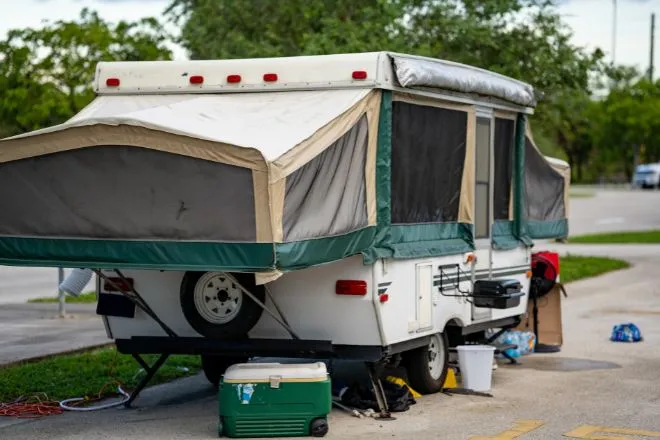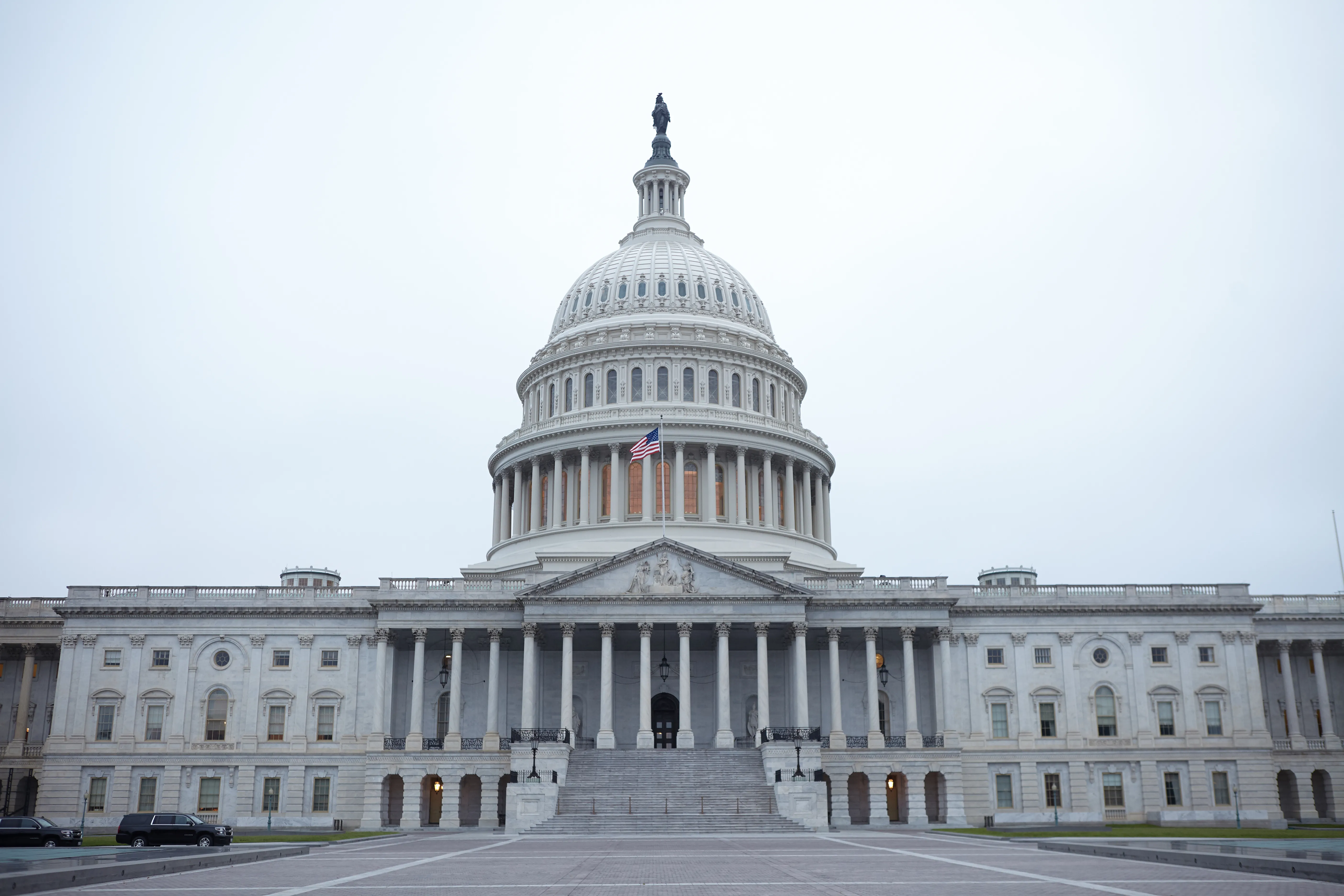
Washington state now requires internet service disclosure for home sales
(The Center Square) – Among a host of new laws in Washington state taking effect this year is an addition to the seller’s disclosure form used in real estate transactions.
Homeowners will now have to provide details on whether their house has an internet connection and who their internet service provider is.
The form will not address details regarding access speeds, the quality of the connection or what other providers are available in the area.
House Bill 1064 passed unanimously in both the state House and state Senate last year and was signed into law by Gov. Jay Inslee last April.
The seller’s disclosure form already includes the typical questions about the infrastructure and integrity of the home and property, including if it is on a sewer or septic system, if it gets water from a public system or well, whether the house has ever been flooded or caught fire and if the electrical and plumbing systems are in working order.
Washington state law says that potential buyers have three days after receiving the seller’s disclosure to rescind their offer in writing if they are concerned over any of the details indicated on the form.
The focus on access to high-speed internet access has sharpened in the nearly two years since the coronavirus pandemic began, as students of all ages spent a majority of that time attending classes online and millions of employees began working from home.
According to the Federal Communications Commission, some 14 million Americans do not have access to broadband, down from 18 million in 2019. The FCC classifies broadband as 25 megabits per second for downloads and at least 3 megabits per second for uploads.
An estimated 800,000 people in Washington lack such access.
Legislators earmarked $400 million last year to expand the coverage. They also approved House Bill 1336, which gives port authorities and public utilities permission to create their own broadband networks. Such entities were previously prohibited from selling internet service to customers.
“Washington state now joins the majority of states that allow unrestricted public broadband,” Rep. Drew Hansen, D-Bainbridge Island, the bill’s main sponsor, said in a press release. “This is long overdue. It will help people across the state have cheaper and better options for internet access.”
At the federal level, last year’s $1.2 trillion Infrastructure Investment and Jobs Act includes $65 billion for expanded broadband coverage.

















